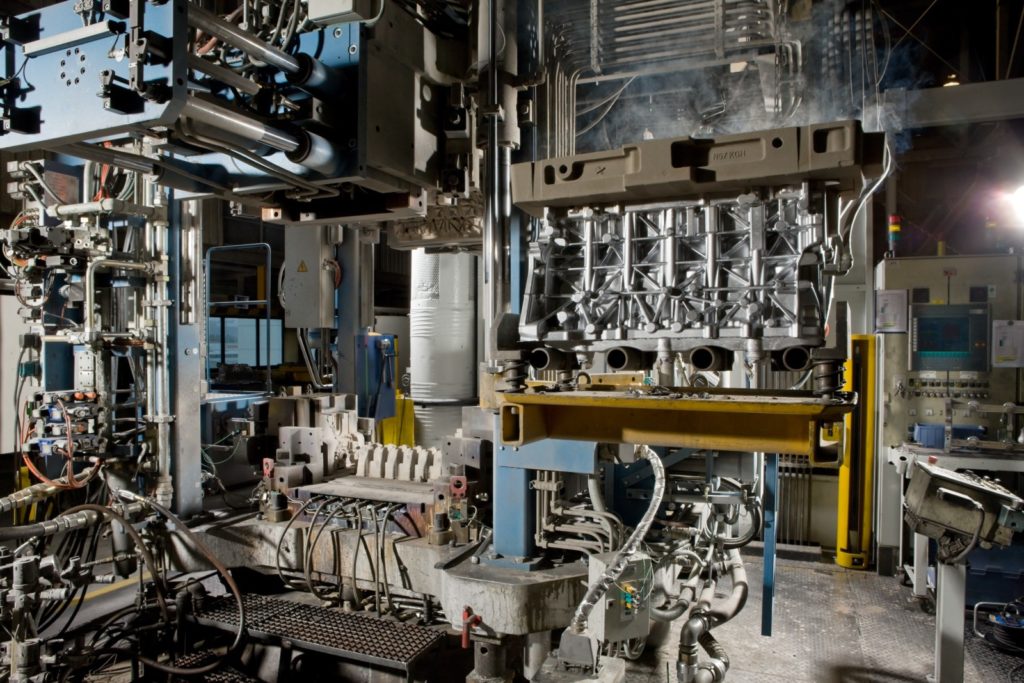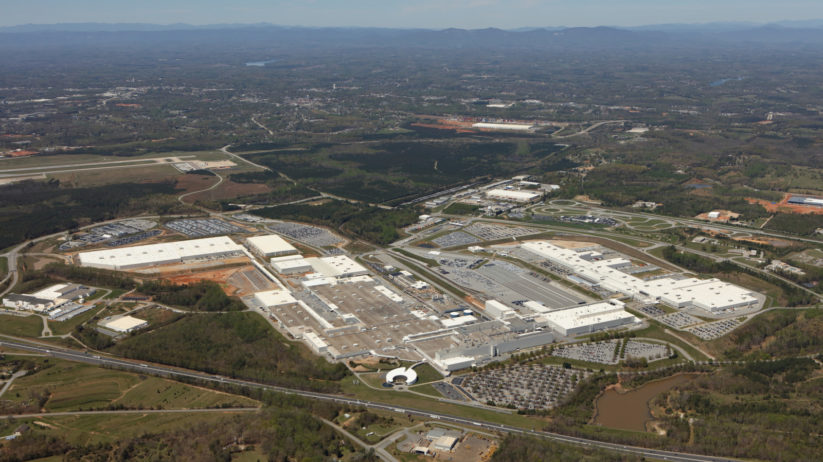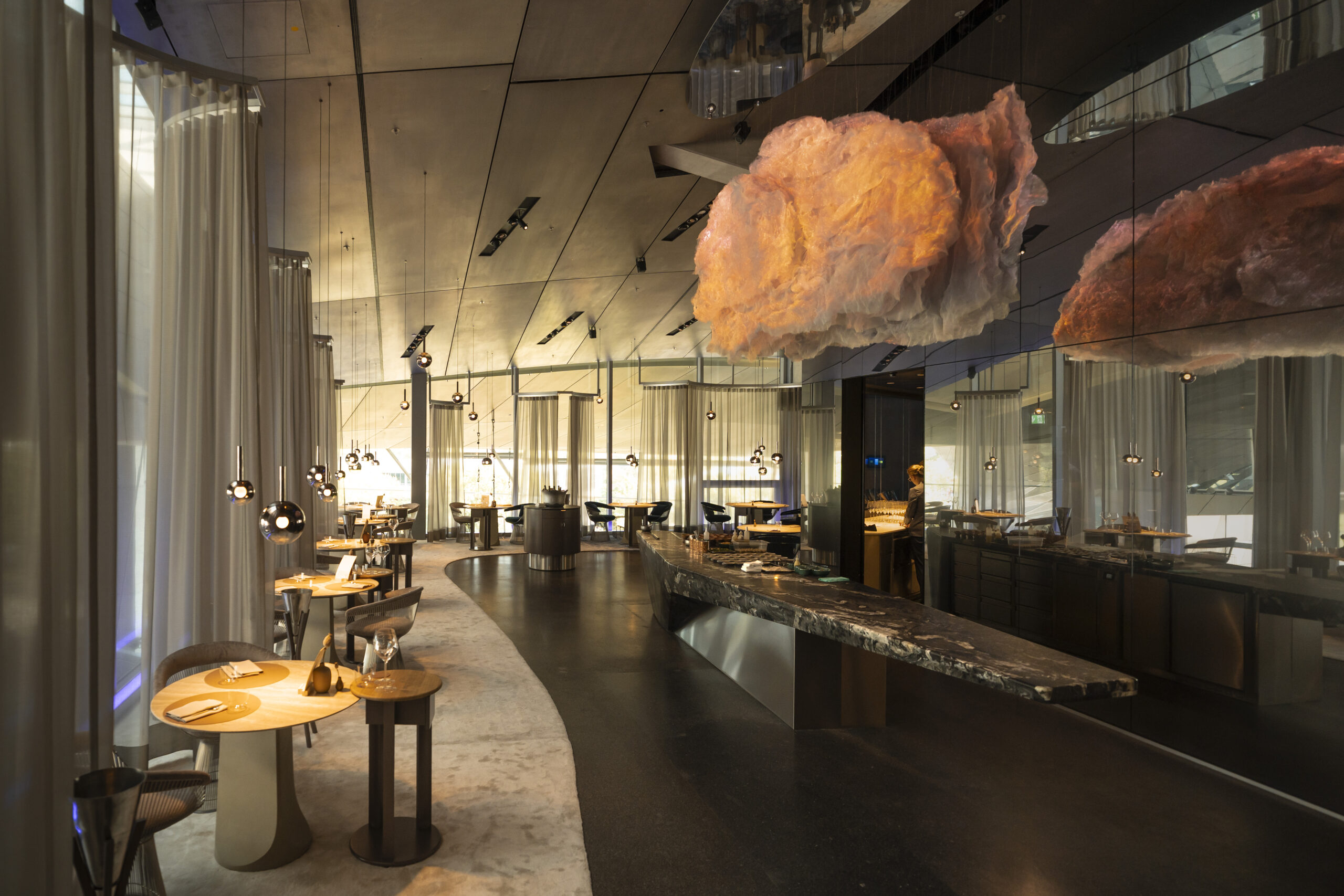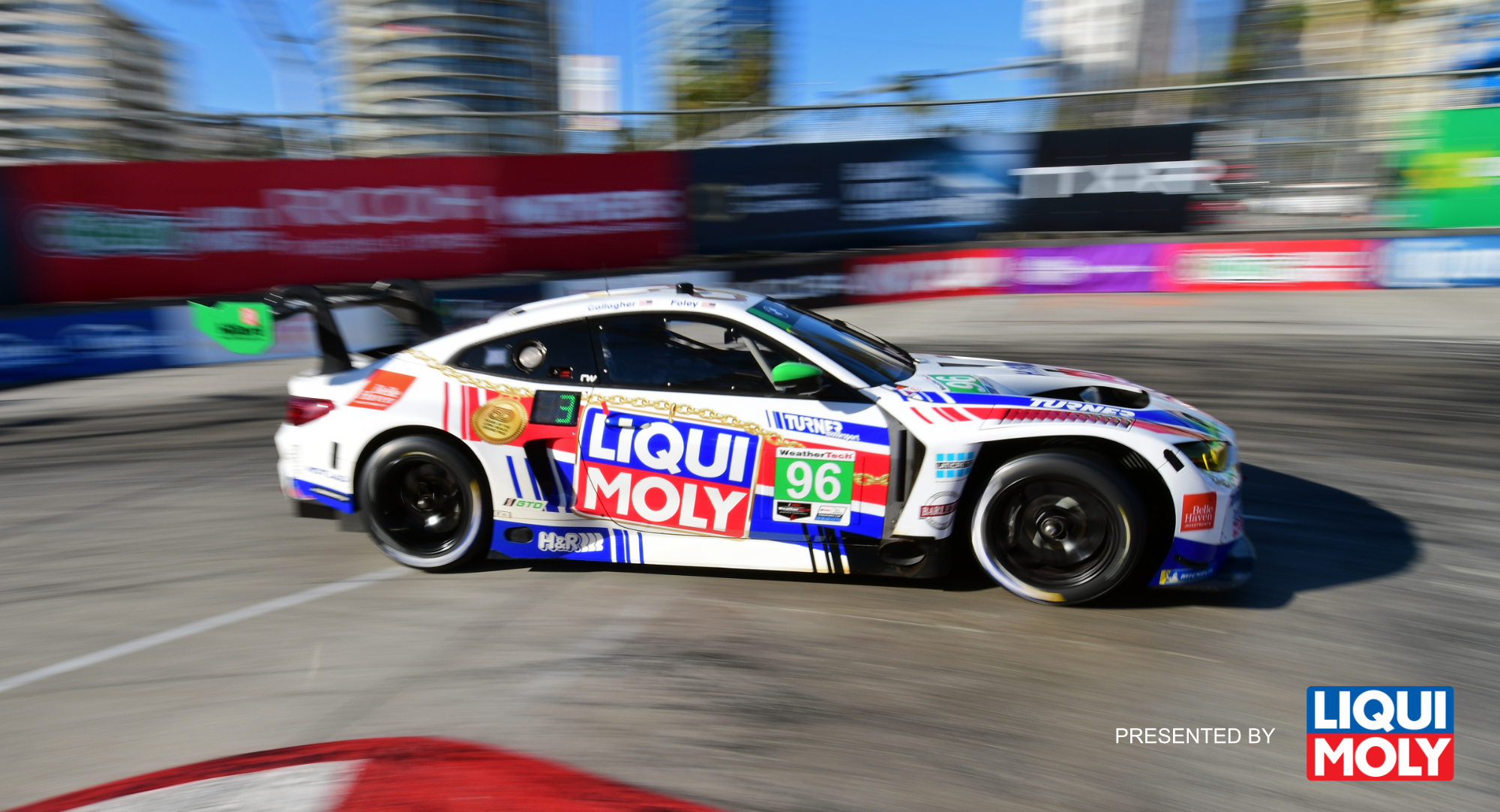Last week at the L.A. Auto Show, BMW CEO Harald Krueger disclosed that the automaker is investigating the possibility of building another facility in the U.S. which would be dedicated to producing engines. The potential site would support vehicle manufacturing operations in Spartanburg, South Carolina and at the two factories located in Toluca, Mexico, along with offering the advantage of acting as a currency hedge thanks to it being located within the U.S. No potential locations were mentioned, but the chief motivation behind the potential move is the ever expanding capacity at places like Spartanburg (pictured above), which has grown from requiring a staff of 500 to a workforce of over 10,000 in the 25 years since operations commenced.

Currently, BMW manufactures engines like the N63 V8 destined for the new X5 in Europe, with blocks, cylinder heads and crank cases originating from Landshut, Germany where the marque built the world’s first emissions-free foundry. From there, the components travel to Munich, where they are subsequently mated together with the high degree of precision one might expect. In the case of something like the X5, the engine is then shipped to the U.S., where the power plants are installed in their chassis at Spartanburg.
With this logistics chain for something as important, complex and expensive as an engine in mind, moving operations closer together, into a massive market and favorable currency region no less, makes quite a bit of sense. At this point, everything remains tentative, but that didn’t stop President Donald Trump from offering his thoughts on the matter as they apply to the recent restructuring announcement by GM, via tweet. This comes after a proposed meeting of BMW, Mercedes and Volkswagen CEOs with Trump was floated earlier in November, while just months before, the President was expressing his dissatisfaction with the German luxury players during the spring.
Nonetheless, a new BMW manufacturing plant in the U.S. would be a welcome development. If Spartanburg is any indicator, the U.S. is fruitful ground for the BMW in a number of ways that stretch far beyond auto sales. An additional 1,000 employees are being added to the current 10,000-strong workforce, and according to the University of South Carolina, the multiplier of Spartanburg is incredibly potent, with every 10 direct jobs responsible for the creation of 90 elsewhere in the economy. For 2017, more than 300 U.S.-based suppliers sold over $6,000,000,000 worth of parts and materials to BMW’s Spartanburg facility, which went on to be used in over 400,000 vehicles built there, some 70% of which were shipped and sold overseas.—Alex Tock
[Photos courtesy BMW AG.]





















